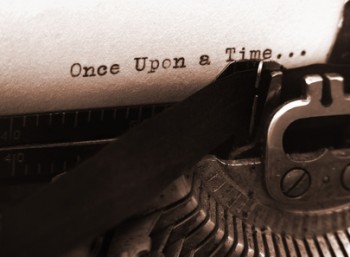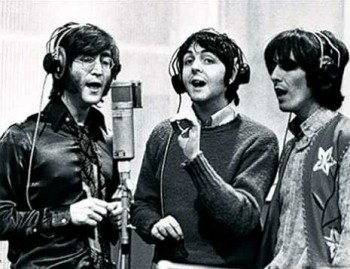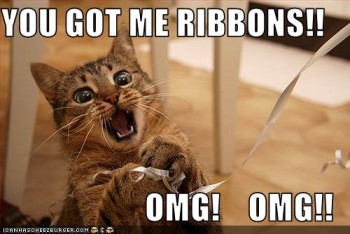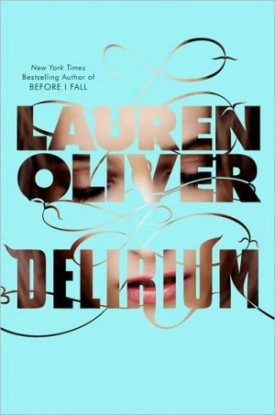For those of you who aren’t super familiar with the publishing industry, here’s the way one goes about getting a novel traditionally published: One, write a book. Two, find yourself a talented literary agent with connections to plenty of editors and publishers. Three, cry yourself to sleep every night until your agent lands you a book deal. Voila! New York Times bestseller list, here we come!
Now, if you aren’t particularly good at picking up on internet sarcasm, I’ll let you in on a little secret: that process isn’t as easy as it sounds. And even if you’ve written a book (or two…or three) and polished it until it prances and tosses its clever little head like a well-groomed show pony, you still have to find yourself a literary agent. That’s where the dreaded query letter comes in.
A query letter is basically a single page letter from a completely unknown author to a very busy literary agent who receives approximately one bajillion query letters every day. The letter must hook the agent’s attention, then quickly sum up the main characters in the novel, what they want, how they intend to get it, who or what is standing in their way, and what will happen if they don’t succeed. The query must deftly encapsulate not only the central conflict of the novel, but also display world-building, character development, and reflect the tone and voice of the book. Finally, it must be personable, professional, and interesting. All in just about 250 words. Sound like fun?







